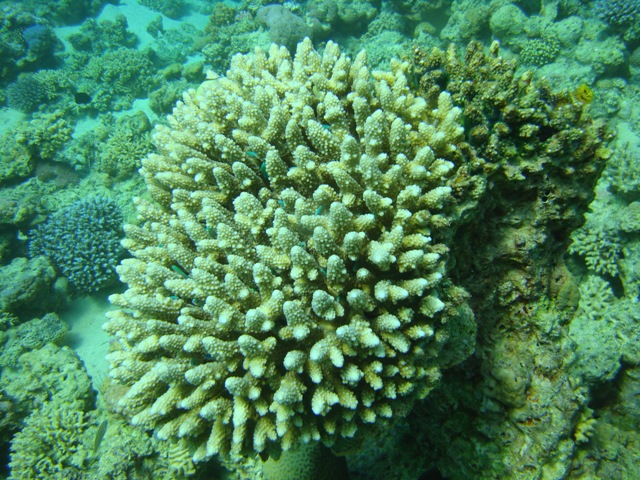The Royal Marine Conservation Society of Jordan (JREDS) implemented a sustainable fisheries project at Aqaba, the only city with coastal access in Jordan situated on the narrow 27 kilometer-long coastline of the Gulf of Aqaba (on the Red Sea).
To avoid further harm to the ecosystem and the fishing community, a participation process with relevant stakeholders took place prior to the beginning of the project, where it was a general agreement that Jordan’s fisheries were poorly studied and there were no management plans in place, in order to ensure sustainable fisheries in the long term.
JREDS, a non-profit organization founded in 1993 by a group of concerned Jordanian ecological divers, set up this project involving local fishermen’s at Aqaba with the aim to increase the available information on fisheries and improve fishermen’s livelihood. Besides this, the project also wanted to increase the collaboration among stakeholders and propose better management tools to improve the sustainable use of marine resources.





